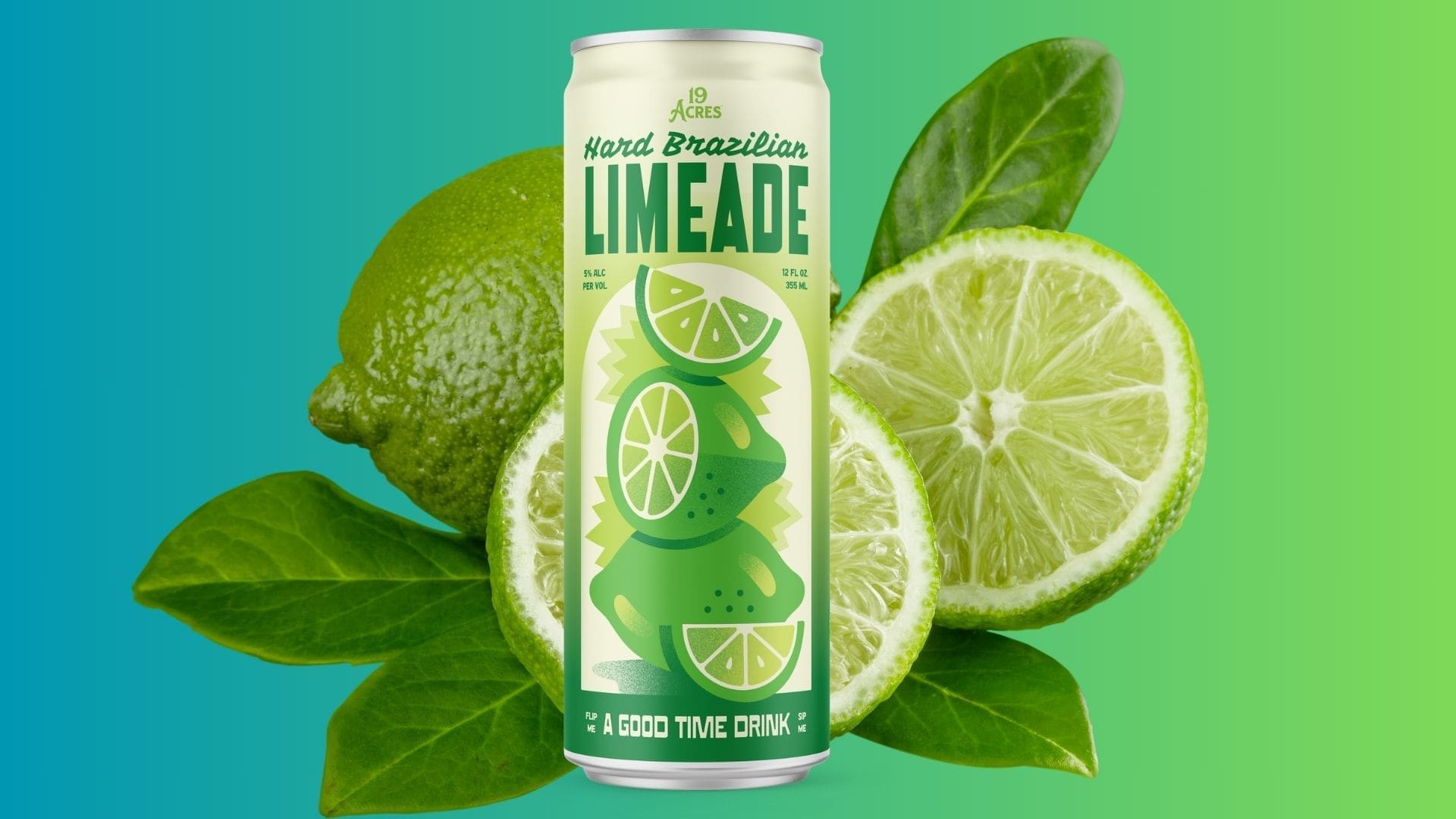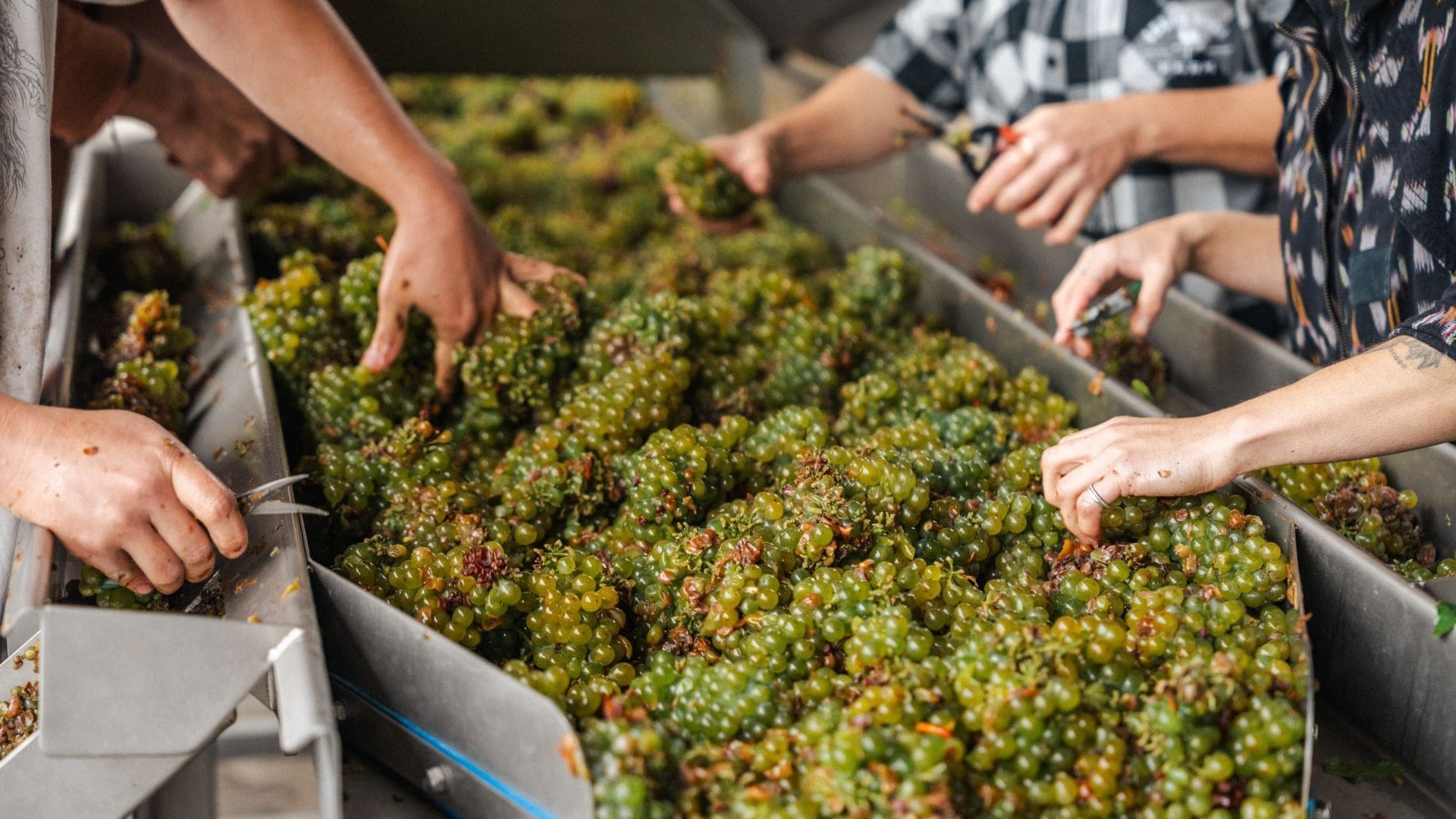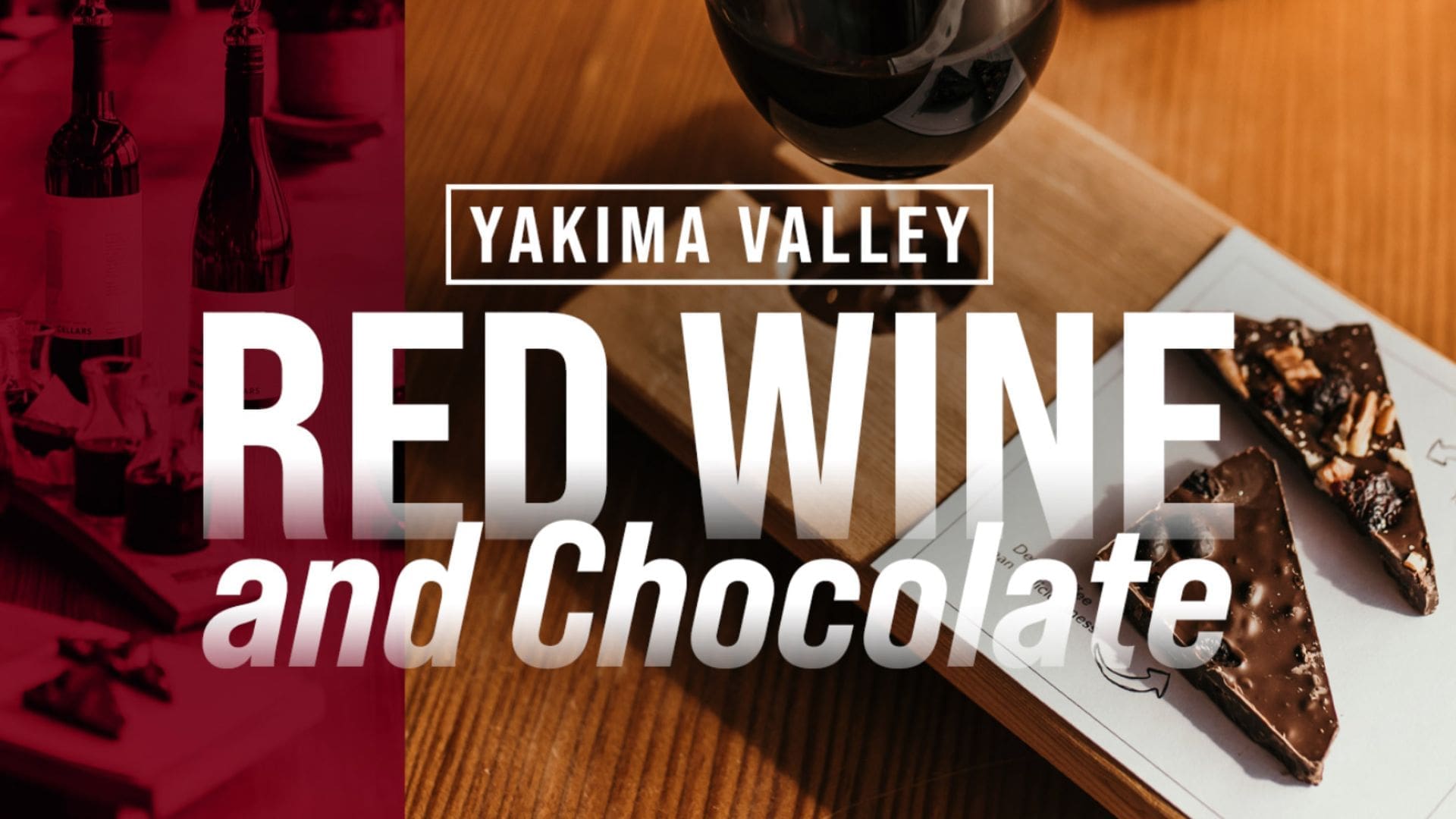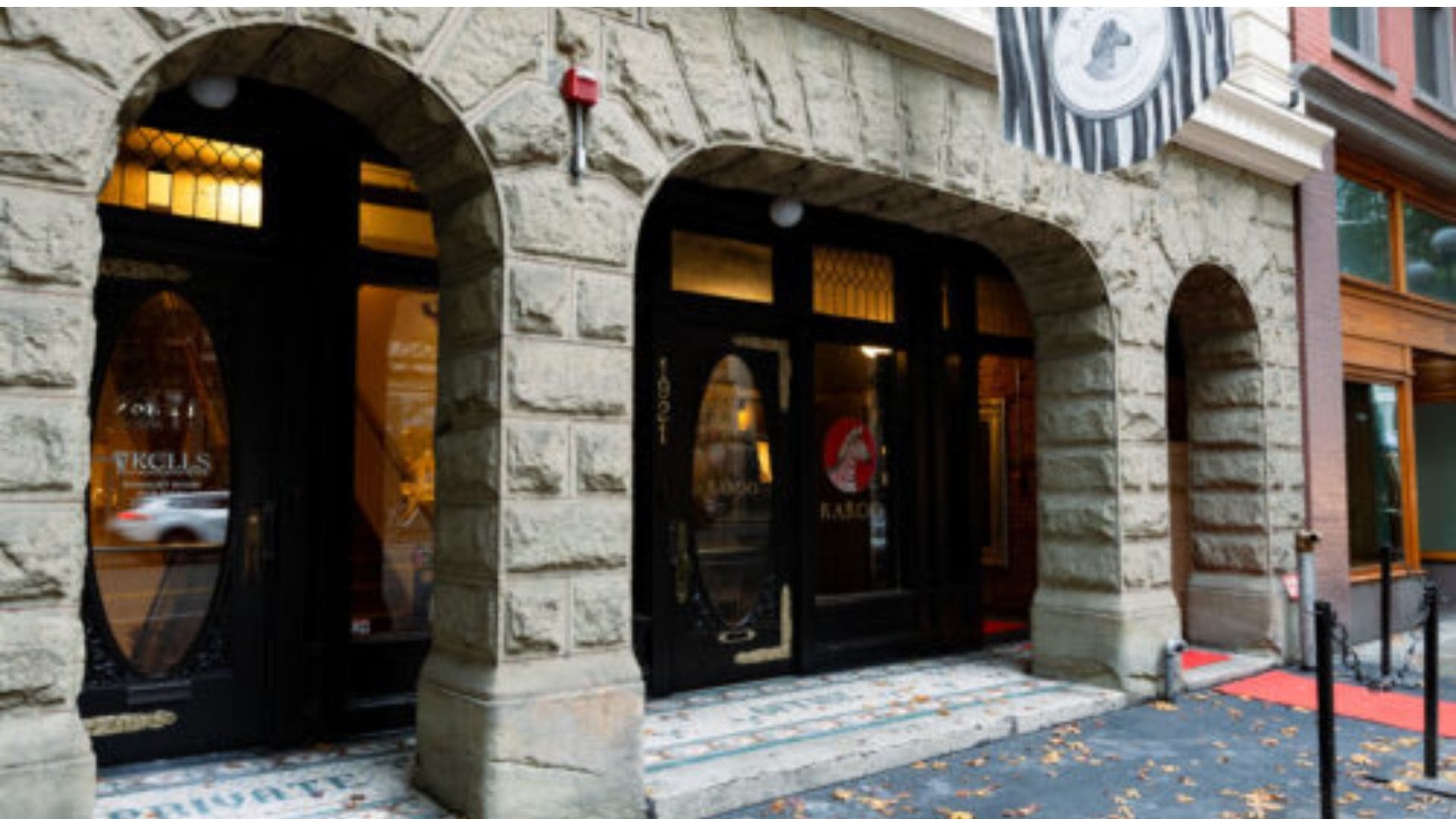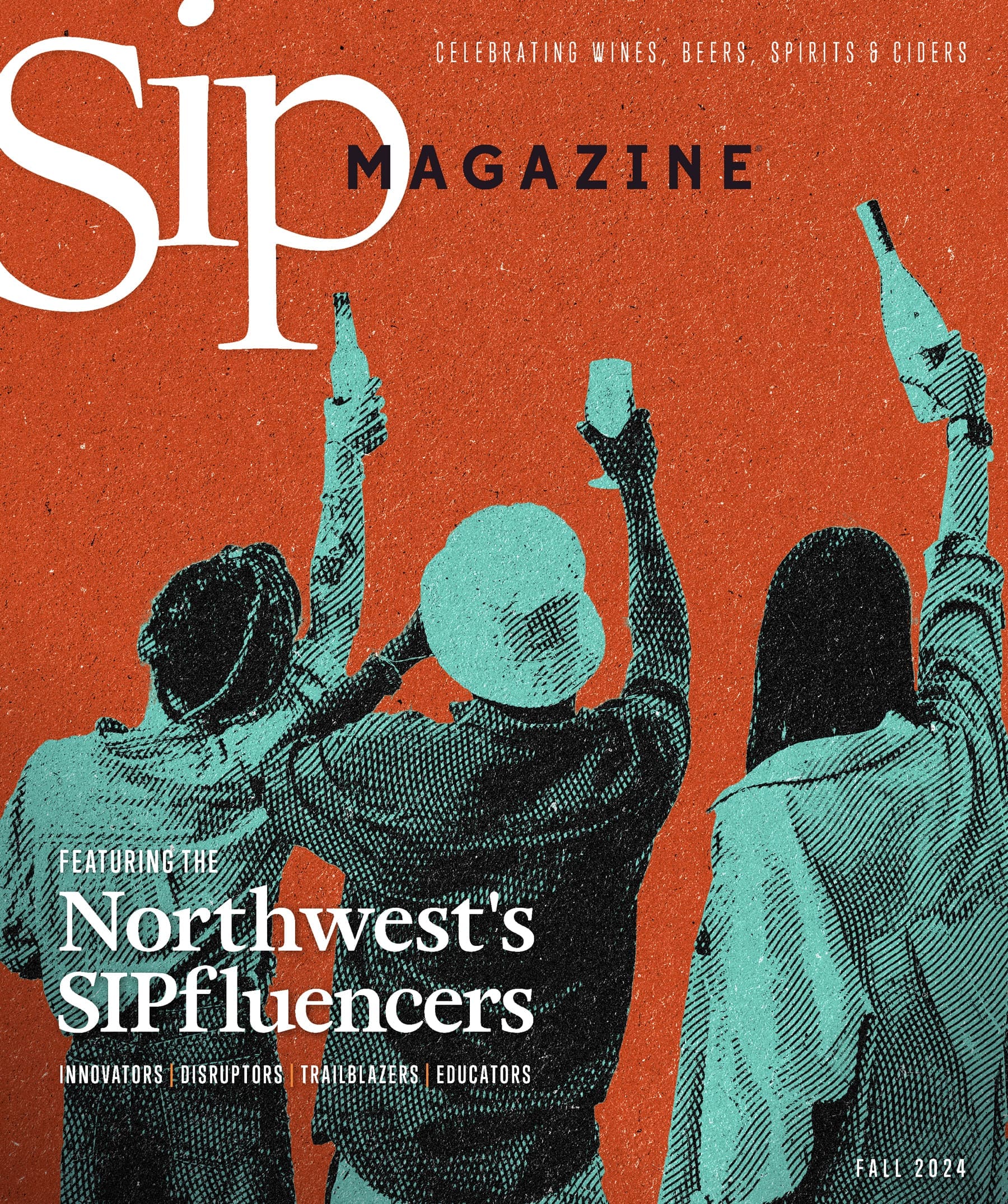If the alluring imports from Vino Veritas do not succeed in transporting you to a faraway wine country, then an exchange with one — or all — of the cross-cultural sommelier team will. At this Portland-based wine bar and bottle shop, mentally touring to global wine destinations is just as easy as paying a visit to this diverse wine shop.
Three expert sommeliers complete the staff at Vino Veritas, each bringing a fresh lens on wine from their respective backgrounds. The trio, representing Mexico, Italy and California — along with owner Sami Khawaja who originally hails from Jordan — bring a unique fusion in wine expertise from different parts of the world to the neighborhood tasting room.
We spoke with Sommelier Miguel Marquez Garcia, a wine and food aficionado and one-third of the expert crew at Vino Veritas. For Garcia, pursuing a culinary and wine career may very well have been a genetic trajectory. After growing up in a third-generation family restaurant in Mexico City, he went on to pursue extensive culinary and wine training there as well.
At Vino Veritas, Garcia is the pro when it comes Mexican wine, so it’s under good authority when he recommends his favorite Mexican wine producers from the country’s northern region, in a wine country that he says parallels Napa Valley. Throughout his career, it’s been his goal to bring underrepresented Mexican wine regions and micro wineries into the spotlight.
1) What brought you to wine?
First, wine is culture. As a Mexican immigrant, I grew up under the supervision of both my grandmas and I watched as they prepared their recipes. I not only learned how to understand the importance of nutrition and where the ingredients came from, but also what gave the ingredients a sense of place.
Second, humans experience, explore and learn about life in very personal ways. Some people are more visual, some people need to touch and some taste. In my case, I experienced the world through my nose — from rocks, grass, wood, you name it. During college, I was exposed to wine professionally and my life came full circle.
Lastly, when I immigrated to the United States, I realized that there was a strong disconnect in our food and wine from a sense of place, and how those ingredients were grown. I wanted to change this and now when I give a glass of wine to someone, I am able to share the story of the land that this wine is from, its people and its specifics. Wine is culture, history, nature, politics, geography, agriculture, geology, biochemistry, economics, gastronomy and so much more. And as an immigrant, I strive to show how people from other cultures are here to broaden our experiences, help us understand more about the world and keep us curious. I use wine to bridge this wide gap and bring us together.
2) What should guests know about the wine that comes from Mexico?
At Vino Veritas we have sommeliers from Italy, California and Mexico and our owner comes from Jordan. This allows us to educate our guests with first-person knowledge about specific wine regions. For me, Mexican wine is very diverse and I have watched the winemakers experiment with what grapes work better in certain regions. We have learned from the Old World style how to design wines that pair well with Mexican cuisine. Our Mexican wines received 12 gold medals and two grand golds at the 2019 Concours Mondial de Bruxelles in Switzerland — blind tastings with wine professionals from around the world and made Mexico one of the top 10 countries to be recognized.
3) How do the defining characteristics of Mexico translate in the wine it produces?
Winemakers from the Old World taught us that what grows together, goes together and can be a bridge to allow Mexican cuisine and Mexican wines to intersect in a very powerful gastronomic statement.
4) Vino Veritas translates to “in wine lies the truth.” Is there a particular truth that you’ve come to find through wine?
Wine keeps me humble. It’s hard work, but it has taught me that I will never know everything and I am ok with that. It has also taught me about empathy and how to develop more tolerance since learning about another’s history; it’s easier to connect and to understand why people are different from me and why that is fine. Wine has also shown that a simple gesture like filling someone’s glass can be a kind gesture during rough times. And I love that wine is subjective, with no right or wrong answers. Everyone perceives the world in different ways and that is humbling.



